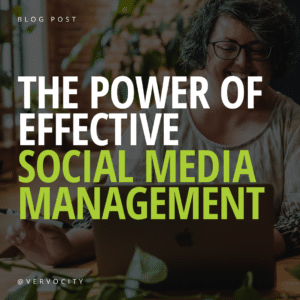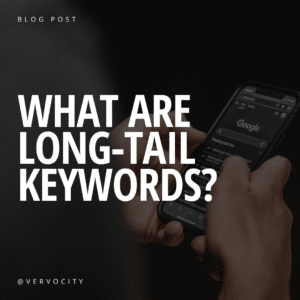Drones in Video Production
Over the past few years, aerial imagery from drones has become an incredible tool for businesses and creatives alike. The advancement of drone technology has made such footage more accessible than ever before.
However, the laws surrounding drone operation can be more complicated than actually flying the drone itself! Not only that, but many drone laws apply to both operators and clients.
First off, a Remote Pilot Certificate (called the Part 107) from the FAA is legally required to fly a drone for any non-recreational or commercial purpose. This isn’t limited to cinematography and photography; it includes using drones for any business purpose, including things like surveying fields.
Without this license, both the pilot and the client that hired them can face steep fines: up to $1,100 per occurrence for the pilot and $11,000 for the client. Furthermore, the FAA puts the burden of verification on the shoulders of the client – meaning it’s your responsibility to know whether your pilot is licensed or not.
In order to receive this license, the pilot must pass the FAA’s Aeronautical Knowledge Test to ensure they’re familiar with flight operations and airspace regulations. This is critical for a pilot to know where and how operations can be safely conducted, which in turn can give you confidence the pilot you’ve hired is conducting flight operations as safely as possible.
Some of the basic drone operating laws include:
- Flying no higher than 400 feet.
- Keeping line of sight on the drone, even if you have remote viewing equipment.
- No flying in restricted airspace.
- No flying over groups of people without permission.
- No flying under the influence of drugs or alcohol.
- Your drone must weigh less than 55 pounds, including payload, at takeoff.
- Your drone must not exceed 100 mph flight speed.
- Flying only in Class G airspace unless you have received proper authorization.
Commercial Drone Video Company
Some of these rules have exceptions with special waivers or authorizations from the FAA, and some laws are set to change as early as 2023 (not flying under the influence, that will always be super illegal), so it’s important to stay up to date on drone laws and work with trusted drone video companies like Vervocity! All aerial drone video footage from Vervocity is shot by a licensed drone operator in accordance with all FAA regulations. If any operation requires authorization or waivers from the FAA, we can handle that process for you as well.
Want to see more? Take a look at drone video production footage we’ve taken for some of our clients.










